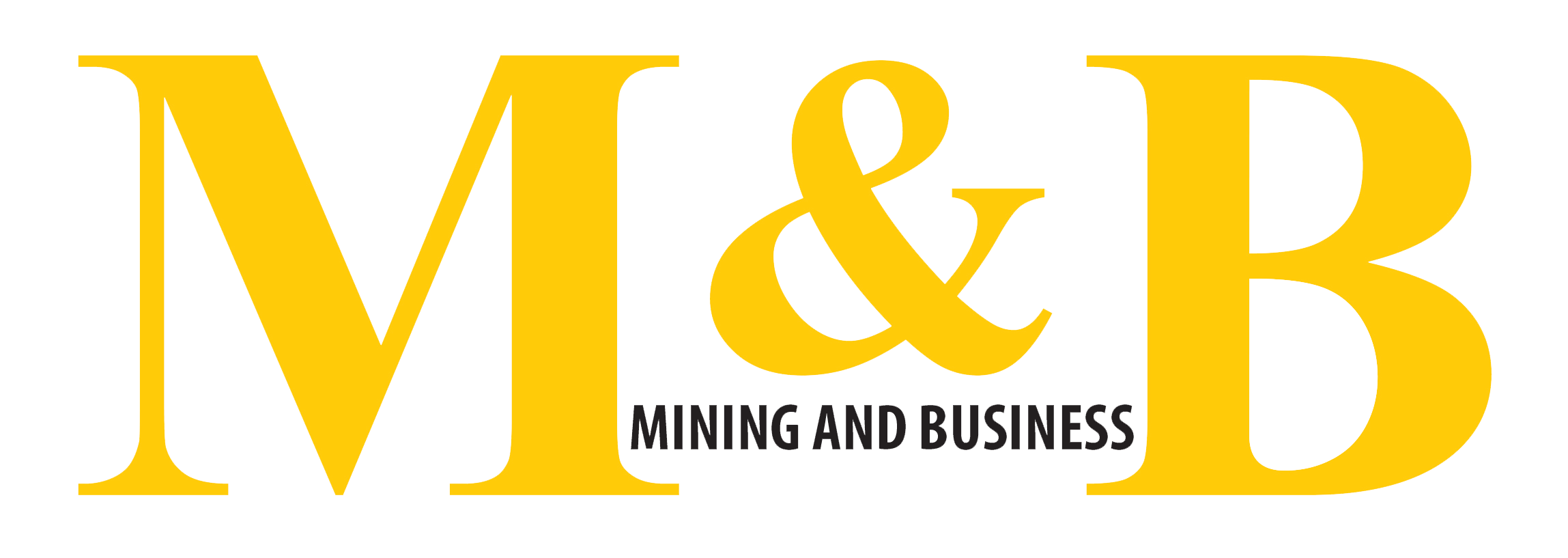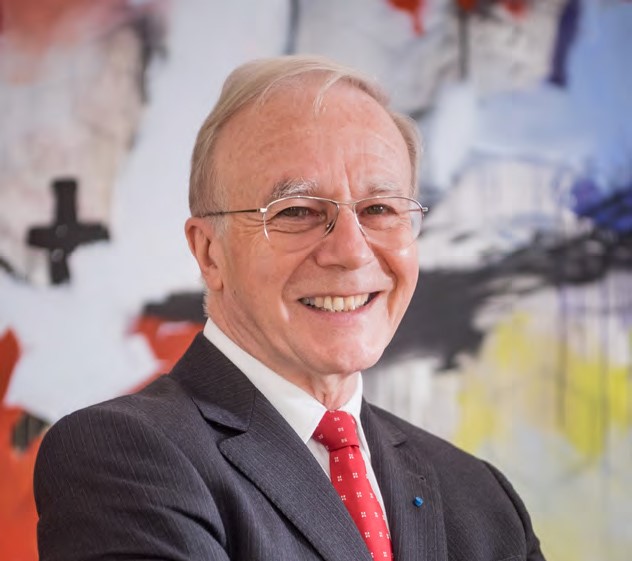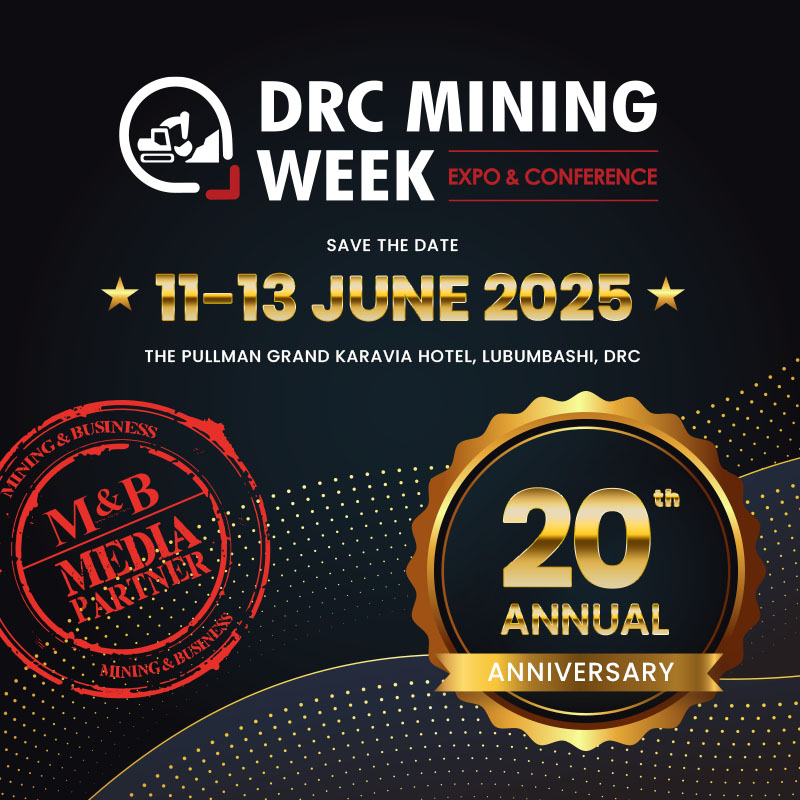Paul Derreumaux, Honorary President of BOA, honored us with a long interview on the occasion of the release of his latest book.
Unlike the bank of the same name in the DRC, the man knows how to communicate. As the preface underlines, this book will be read with passion, as long as you are passionate about Africa and the entrepreneurial adventure, as much as about banking and finance, or even development. It is indeed about the creation of a commercial bank. Bankers and financiers, you will read with astonishment how and in what context such an establishment can emerge.
After such a career, what are your main regrets?
One of my regrets is that we have not yet been able to develop further in East Africa, but it is very difficult. English-speaking banks face the same obstacles when they invest in French-speaking areas. Indeed, the environment is very different, both in terms of regulations and in terms of customer relations or commercial approaches, for example. In addition, commercial synergies between French and English-speaking countries, in all sectors, are often still modest, contrary to what we had hoped.
On a personal level, how much of the BOA do you have?
I have always had a very small share in the capital of the Group’s holding company, which has undergone very significant increases since its creation in 1988. These increases have been achieved thanks to the gradual arrival of numerous private shareholders, mostly African, who have subscribed to these increases. This strong diversification has not prevented everyone from adhering to the Group’s ongoing strategy of expansion, integration and consolidation. After my departure in 2010, I remained a shareholder, which allows me to follow with pleasure the evolution of the Group’s annual performance.
As Honorary Chairman, what is the vision of the new management for BOA? Do you share this vision on the continent?
Of course, I see the situation of the Group from the outside since I am no longer associated with its management. But the facts allow us to make some objective observations. The first is that the BANK OF AFRICA network continues to do well, which means both that each bank had a solid base that facilitated subsequent steady growth and that the Group’s management remains efficient. Another fact is that the BANK OF AFRICA is still present with all clienteles, in accordance with its original status as an “all-public bank”, and remains active in innovations of all kinds. In addition to this continuity, we also note that the Group has significantly slowed down its geographical expansion, unlike the previous period: apart from the projects already in preparation in 2010, the only new establishment of a full-fledged bank was, unless I am mistaken, in Rwanda.
I assume that the new vision focuses on getting the best possible return from the existing perimeter. This is a respectable choice, perhaps in part dictated by regulatory constraints. But it leaves room for the rise of bolder outsiders, as we are seeing in the current transformations of the structure of the WAEMU banking systems.
How do you see Africa’s future?
Sub-Saharan Africa has changed a lot in the last 20 years, after a very difficult decade in the 1980s and 1990s: a return to economic growth, new infrastructure, the rebuilding of efficient banking systems, the pioneering cell phone revolution, and the rise of the private sector. This is what led to the Afro-optimism of the 2000/2010 decade.
Since then, the continent has had to face new turbulences that are slowing down its development. Some of these are exogenous, such as the security threat, particularly in the Sahel, or the low effectiveness of the development support “software” applied by certain international partners.
Others are endogenous, such as the frequent lack of priority given by the authorities to solving economic problems, the lack of decent jobs that prevents the benefits of a possible “demographic dividend” from being realized, and the current decline in regional solidarity.
One sector that best illustrates these missed opportunities is agriculture: the construction of a modern, efficient agricultural sector, focused primarily on satisfying national food needs and attentive to the environment, would bring about a quantum leap, but often remains on hold. In the face of this turbulence, some countries are more successful than others.
This is why the sub-Saharan zone is increasingly diversified and sees countries on the road to economic emergence coexist with others where fragility still dominates. This is undoubtedly a reason to remain optimistic, as the pioneers can be stimulants for others. Countries never die, but each one evolves at its own pace.
Do you have an anecdote about BOA-DRC?
These are rather striking points. We could mention three. One was finding a location for the headquarters: it took a long time to identify a good piece of land and build a new building. Another was recruiting staff.
The BOA Group has always applied the same technique to recruit its personnel: collect as many applications as possible and make successive selections based on objective criteria. We were told that this would be impossible in the DRC because of the modest level of training of most of the possible applicants.
But we succeeded in our challenge and were able to put together a team of about twenty people for our start-up, which gave us satisfaction and which we gradually expanded using the same methods. A third difficulty has been working in a “dollarized” economic universe that we have had to get used to.
What would be your three pieces of advice to an African businessman in 2023?
If he is a young entrepreneur, I would say to start slowly so as to be able to correct his inevitable mistakes, to never get discouraged and to learn rigor immediately.
If he is an experienced entrepreneur, I would advise him to follow the evolution of his market and the competition, to be attentive to the quality of his relationships with his teams and his customers, and to be transparent with his financiers in order to keep their trust.
Whatever the size of his company, I would confirm that the quality and intensity of his work will be the basis on which he will build his success.
And to a young student?
It seems to me that he must first adapt his training to what interests him the most and where he has the most assets in order to have maximum efficiency and success. He must also know that the position of an entrepreneur is the most difficult one, contrary to what he may think: a good job where he will excel will undoubtedly guarantee him a lot of satisfaction with less worries. Finally, every student should know by now that, in the changing environment we know, his work will not be the same all his professional life.
What about a President?
I don’t think you can give advice to a president. We can only probably point out to him the main expectations of a citizen. First, to feel that the highest leaders have a long-term vision of the possible and desirable future of their country and a full awareness of the action programs capable of realizing this vision.
Second, to be assured that these leaders will only be concerned with the public interest while in power. Finally, to see that these political authorities have a sense of urgency about change and act accordingly.
I suppose these expectations are close to what is called good governance.







